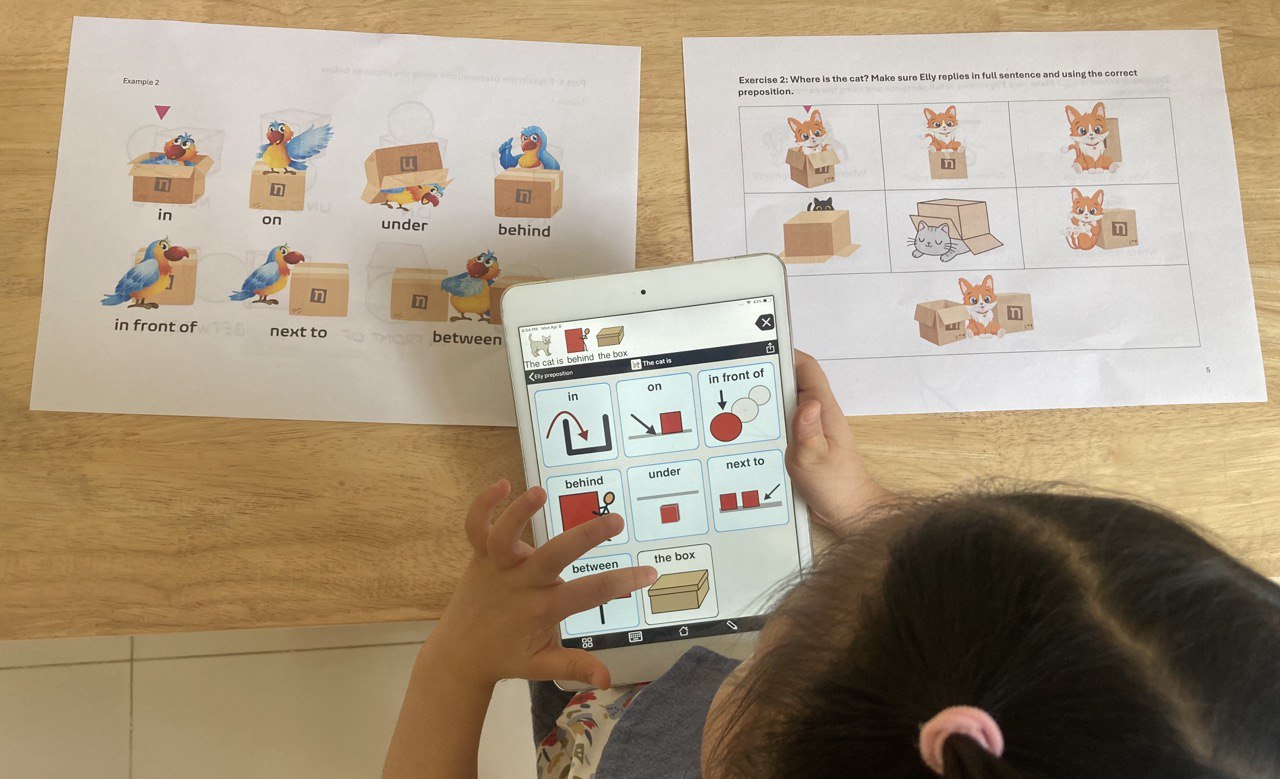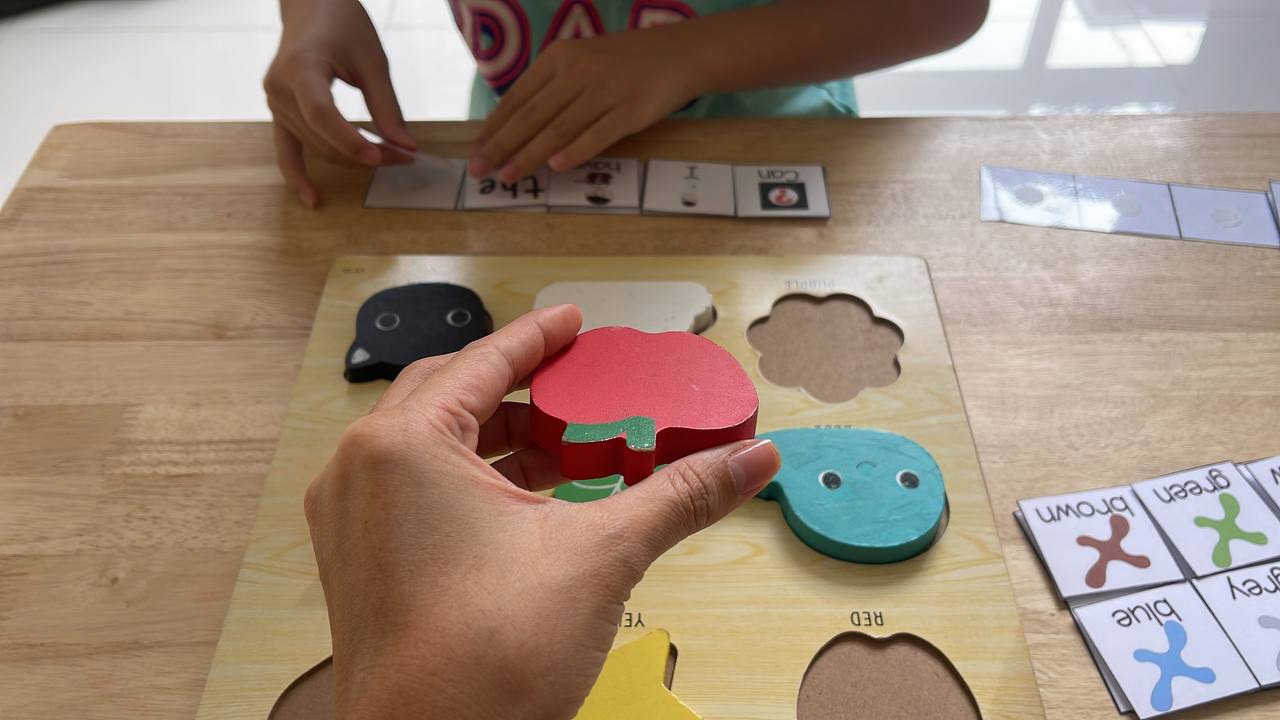Special education teachers are some of the most dedicated and caring professionals in the world. However, their job can also be incredibly stressful. They are responsible for the education and well-being of students with a wide range of special needs, and they often have to deal with challenging behaviors and difficult situations.
As a result, it is important for special education teachers to prioritize self-care. By taking care of themselves, they are better able to meet the needs of their students and be more effective in their jobs.
What is Self-Care?
Self-care is any activity that you do to take care of your physical, mental, and emotional health. It is important to find self-care activities that you enjoy and that fit into your lifestyle.
Some examples of self-care activities include:
- Exercise
- Meditation
- Yoga
- Spending time in nature
- Reading
- Listening to music
- Spending time with loved ones
- Getting enough sleep
- Eating a healthy diet
- Saying no to extra commitments
Why is Self-Care Important for Special Education Teachers?
Special education teachers face a number of unique challenges, including:
- High workloads
- Large class sizes
- Students with complex needs
- Challenging behaviors
- Lack of support
These challenges can lead to stress, burnout, and other health problems. Self-care can help special education teachers to manage stress, improve their mood, and boost their energy levels.
Benefits of Self-Care for Special Education Teachers
Self-care has a number of benefits for special education teachers, including:
- Reduced stress
- Improved mood
- Increased energy levels
- Improved focus and concentration
- Increased resilience
- Better overall health and well-being
Self-Care Tips for Special Education Teachers
Here are some tips for special education teachers on how to prioritize self-care:
- Set boundaries. It is important to set boundaries between your work life and your personal life. Try not to take work home with you or check work emails outside of work hours.
- Take breaks. Take breaks throughout the day to move around, get some fresh air, or simply relax.
- Delegate. If you have the ability to delegate tasks, do it! This will free up your time so that you can focus on the most important things.
- Ask for help. Don’t be afraid to ask for help from your colleagues, administrator, or other support staff.
- Take care of your physical health. Make sure to eat healthy foods, get enough sleep, and exercise regularly.
- Do things you enjoy. Make time for activities that you enjoy and that make you happy.
Self-care is essential for special education teachers. By taking care of themselves, they are better able to meet the needs of their students and be more effective in their jobs.
Find out if your child needs extra support today!
- My child screams hysterically
- My child is mean to other children
- My child is always worried
- My child is scared to go to school
- My child is scared of loud noises
- My child doesn’t know how to read
- My child is scared to play outside
- My child does not respond to his name
- My child always gets in trouble
- My child fights with other children
- My child doesn’t know how to count
If you are concerned about your child’s development, contact us for Assessments: Phone/Telegram: 077.455.993 – Telegram Link: https://t.me/OrbRom
If you are concerned about your child’s development, contact us for Assessments.
Phone/Telegram: 077.455.993 Link: https://t.me/OrbRom






Leave A Comment